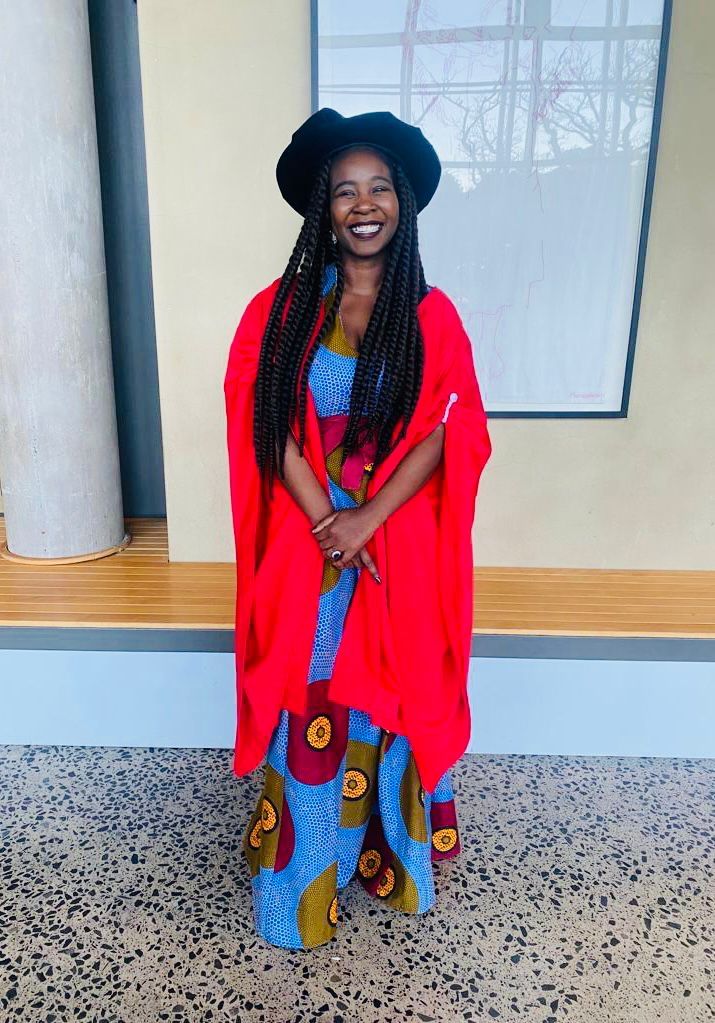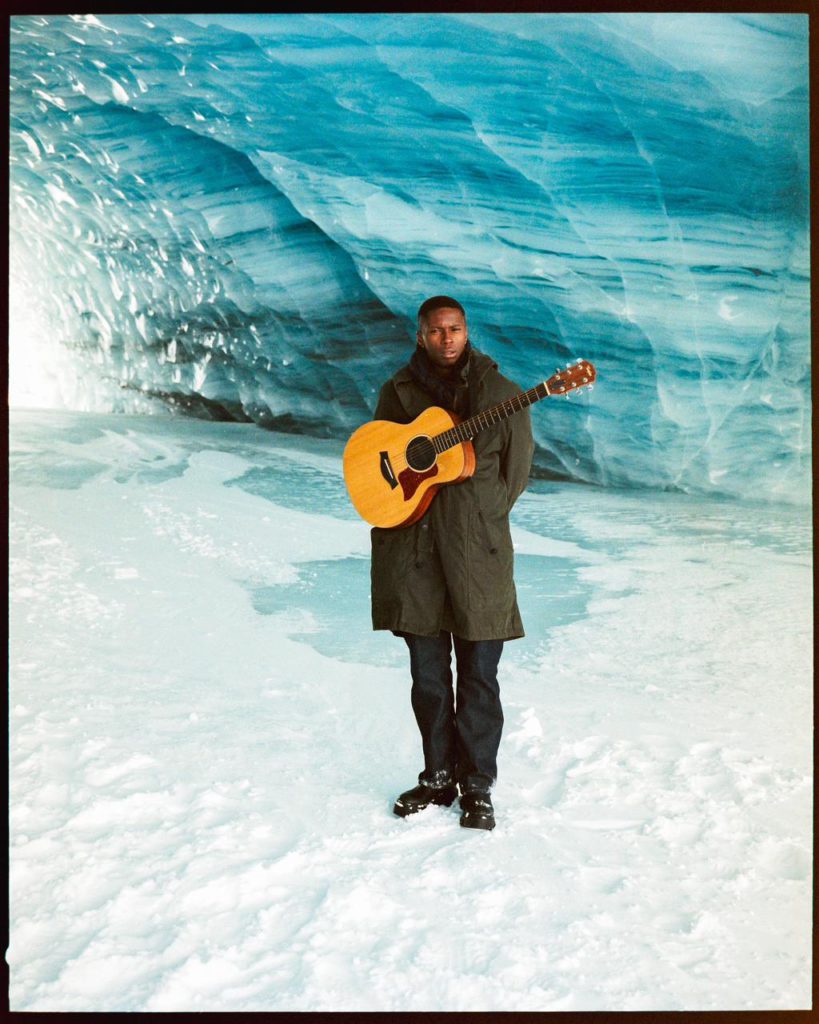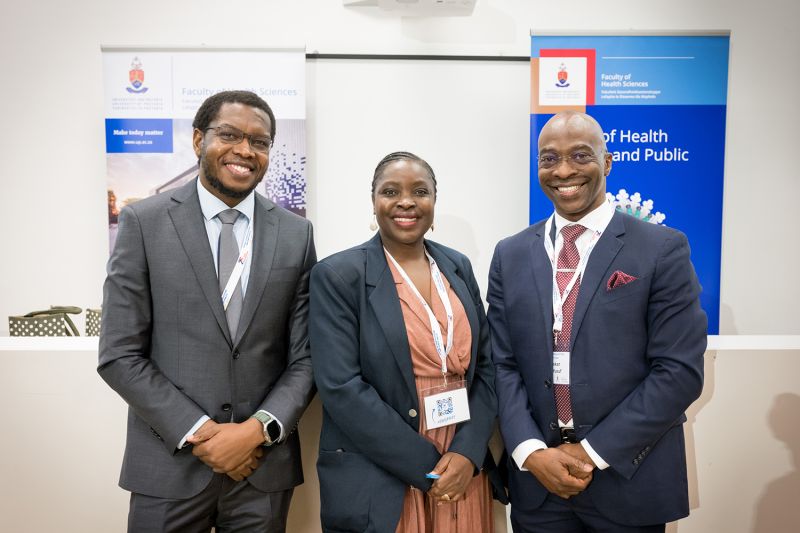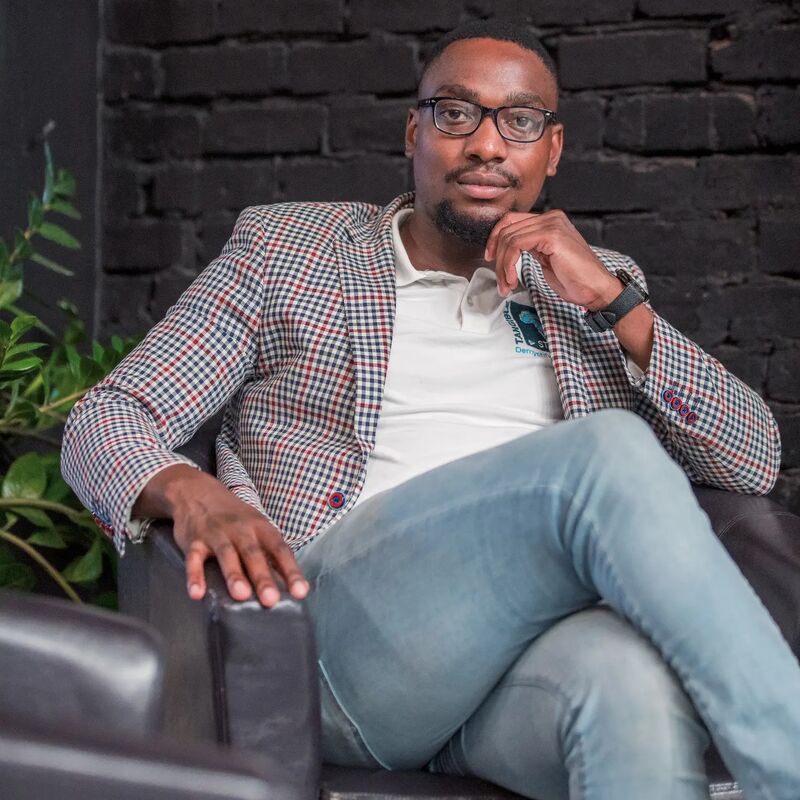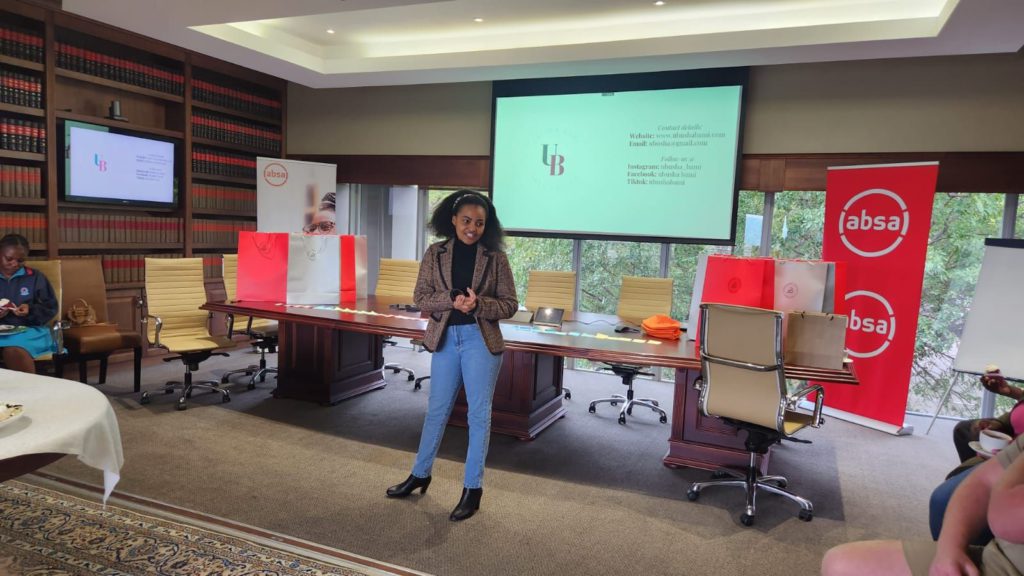BY Nkosazana Ngwadla
The School of Health Systems and Public Health (SHSPH) at the Faculty of Health Sciences at the University of Pretoria hosted its first SHSPH Research Day on 29 June 2023 to celebrate its 25th anniversary.
It was held under the theme ‘Strengthening Health Systems through Research’ – underpinned by the school’s efforts since its establishment to address pressing challenges in health systems and public health through research, education, and community engagement, particularly with the strategic focus on Africa.
Professor Lekan Ayo-Yusuf, Chairperson of the School of Health Systems and Public Health, opened proceedings on Research Day by highlighting the school’s collective achievements over the past twenty-five years.
“Some of our collaborative work has been published in high-impact international journals, including the Nature, the Lancet, and the New England Journal of Medicine. The research emanating from our school has not only advanced scientific knowledge, but also influenced policy, improved healthcare practices, and saved countless lives.
“We have also hosted large USAID grants, gave birth to the UP Institute for Sustainable Malaria Control and started the first ever fully online postgraduate diploma programme at the University of Pretoria,” said Prof Ayo-Yusuf.
The research day aimed to highlight the SHSPH’s contribution to strengthening health systems and improving population health through high-quality research. Additionally, it sought to promote engagement in transformative panel discussions and networking opportunities.
Prof Ayo-Yusuf urged the attendees to celebrate the achievements of the past and present and look forward with optimism and determination as set out in the school’s five-year strategic plan.
“Together, we can redefine the future of health systems and public health and shape the world where health is not merely the absence of disease, but the foundation of prosperity and well-being by implication, the pathway to sustainable human development.”
In his welcoming address, the Faculty of Health Sciences Dean, Professor Tiaan de Jager, expressed gratitude to those who contributed to the success of the School of Health Systems and Public Health and its research over the past 25 years, highlighting significant milestones.
“As we reflect on the past 25 years, It is essential to acknowledge the visionary leadership that shaped the School of Health Systems and Public Health into what it is today. I had the honour of serving as the chairperson of the school from 2010 to 2012, and it fills me with immense pride to witness the growth and accomplishments of your school over the years.”
Collaboration and partnerships
During this period, Prof De Jager said the school had witnessed the establishment of the UP Institute for Sustainable Malaria Control and developed other entities, and research groups.
“We’ve established the environmental, chemical pollution and health research unit, which is a collaboration with the Department of Urology. I also think one of the first where we created an entity where there’s a strong collaboration and partnership between different schools in the Faculty, and the significance of that, you should never underestimate going forward.”
In addition, Prof de Jager said there were several other focus areas, air pollution and its impact on human health, for example. “But I think we are now mature enough to step up, in various domains of public health across Africa, the social determinants of health, equity in health, mental health, tobacco control, global health, leadership, prostate cancer, and the list continues.”
He added that the first official School of Health Systems and Public Health Research Day and the 25th anniversary of the school are testimony to the dedication and hard work of all those who have been part of the school’s journey.
He urged attendees to embrace their roles as leaders in the public health domain.
“Let us continue to build capacity, conduct ground-breaking research, transform and foster collaborations, and address pressing health challenges facing our continent.”
Human centeredness: a key strength
In a recorded message, Vice-Principal for Research, Postgraduate Studies and Innovation Support Professor Sunil Maharaj said the school has become the embodiment of the University’s commitment to achieving research through impact and multidisciplinary and transdisciplinary collaboration. “This is evident from the range of expertise brought together in the school from different departments and faculties within the University, and the many external partners that support the school in its mission,” he added.
“Today we recognise another key strength of the school; namely, its human centeredness through the postgraduate diplomas, honours and master’s programmes offered by the school and the doctoral research in specialties such as environmental health, epidemiology, health systems, and public health. The school pursues its vision and approach to enrich lives and inspire public health excellence in Africa.”
Keynote speaker Professor Mosa Moshabela, Professor of Public Health and Deputy Vice-Chancellor for Research and Innovation at the University of KwaZulu-Natal, spoke to guests about the National Health Insurance during the event.
“The problems with the public sector versus the private sector, which we are acknowledging that we need to deal with, especially the fact that many healthcare workers are drawn out of the public sector into the private sector and the inequities between the two, and the people who use them,” he said.
“In a well-functioning unified health system, you want a balance between cost, access and quality, right, all of them together,” he concluded.
Image and source: UP

